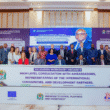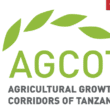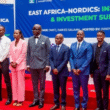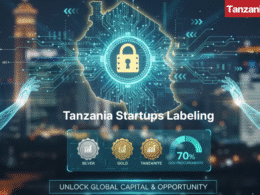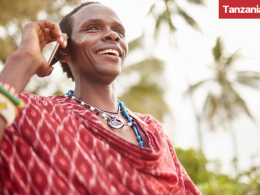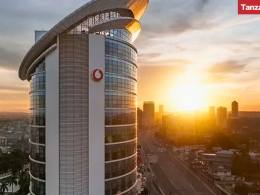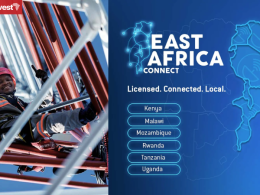A new report titled “Digital Transformation in Tanzania” indicates that two-fifths of Tanzania’s population still remain offline and are excluded from the socioeconomic benefits of the internet.
The report was launched on 18th March 2019 by the GSMA, a trade body that represents the interests of mobile network operators worldwide, and that brings together representatives from Tanzania’s three main mobile operators: Airtel, Tigo, and Vodacom.
According to the report, Tanzania mobile internet penetration has nearly quadrupled from 2010 to 2018, to reach 18.5%, with more than 8 million new mobile internet subscribers added over that period.
Despite this remarkable growth, two-fifths of the country’s population still remain offline and excluded from the socioeconomic benefits of the internet, and around a fifth of the population, representing 11 million people, are not covered by a mobile broadband network.
A disproportionate share of unconnected individuals come from underserved population groups, including women and those on low incomes, who still face significant barriers to mobile internet adoption.
The proportion of the population covered but not connected to a mobile broadband network is increasingly rapidly, highlighting the need to address the main consumer enablers to mobile adoption – namely, affordability, consumer readiness, and locally relevant content.
Tanzania already has one of the lowest mobile tariffs in the region, though relatively low-income levels mean mobile services still account for a significant proportion of income for many, especially the bottom 40% of the population by income.
This is why the World Bank (WB) sponsored the Digital Tanzania Program which aims to assist the country to harness its digital potential and ensure that all citizens have access to high-quality, low-cost connectivity, that public services are easily accessible online, and that the digital economy is driving growth, innovation, and job creation.
The Program will be delivered in two phases:
• Phase I (2018–2022) will focus on strengthening Tanzania’s core Digital Foundations – closing the connectivity gap, increasing market competitiveness and investment, and strengthening digitally enabled service delivery infrastructure and capacity within the government.
• Phase II (2021–2026) will focus on Tanzania’s digital acceleration – leveraging improved connectivity and enhanced capacity for public digital service delivery to accelerate the growth of the digital economy, encourage private and public innovation utilizing digital technology, and support the expansion of digital public services offerings across key sectors.
Phases I and II will involve significant collaboration with other stakeholders, including mobile operators and the private sector.
There are 8 mobile network operators (MNOs) in Tanzania: Airtel, Smart, Smile,


